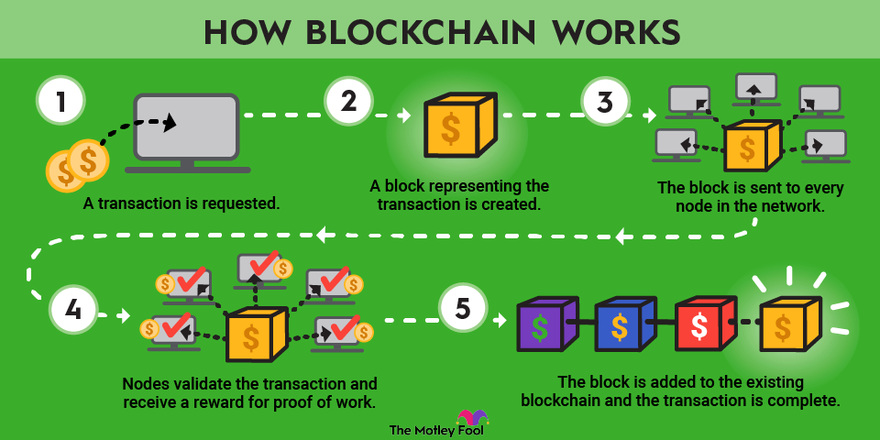Insightful Updates
Stay informed with the latest news and trends.
Blockchain: The Invisible Hand of Digital Trust
Uncover how blockchain transforms digital trust and reshapes our online world. Dive into the invisible forces steering our digital future!
How Blockchain Technology is Revolutionizing Digital Trust
Blockchain technology is fundamentally changing how we establish and maintain digital trust across numerous sectors. At its core, blockchain operates as a decentralized ledger, enabling transactions to be recorded in a manner that is secure, transparent, and tamper-proof. This revolutionary technology reduces the need for intermediaries, which traditionally serve as trusted third parties. For instance, in the financial sector, blockchain allows peer-to-peer transactions that eliminate the risks associated with fraud and increase the efficiency of processes, ultimately enhancing the trust between various parties involved.
Moreover, blockchain's immutability feature ensures that once data is recorded, it cannot be altered, which is crucial for maintaining transparency in areas like supply chain management and identity verification. By providing a reliable record of transactions, users can trace the lineage of products and verify authenticity, thus fostering confidence among consumers. As companies increasingly adopt blockchain solutions, the emphasis on digital trust will only grow, paving the way for a transformative shift in how we interact in the digital realm.

Exploring the Role of Blockchain in Building Trust in Online Transactions
The rise of blockchain technology has fundamentally transformed the way we perceive trust in online transactions. Traditional methods often rely on intermediaries—banks, payment processors, and regulatory bodies—to verify and authenticate transactions. However, with blockchain, a decentralized ledger records every transaction across a network of computers, reducing reliance on these intermediary entities. This not only enhances security but also ensures transparency, as every participant has access to the entire transaction history, making it nearly impossible to alter records without consensus from the majority of the network.
Furthermore, blockchain enables the implementation of smart contracts, which automatically execute transactions when predefined conditions are met. This capability significantly minimizes the risks associated with fraud and disputes in online transactions. Because smart contracts are self-executing and stored on the blockchain, they eliminate human error and add another layer of reliability. As businesses and consumers continue to embrace this innovative technology, the trustless trust model of blockchain is poised to revolutionize online commerce.
What Makes Blockchain the Foundation of Digital Trust?
The advent of blockchain technology has revolutionized the way we perceive and establish digital trust. At its core, blockchain is a decentralized ledger that records transactions across multiple computers, ensuring that the information is transparent and immutable. This means that once data is recorded on the blockchain, it becomes virtually impossible to alter or delete it without consensus from the network. Such a feature significantly enhances trust among users, as they can independently verify the authenticity of transactions without relying on a central authority.
Moreover, blockchain’s inherent security features contribute to its role as the foundation of digital trust. Each transaction is encrypted and linked to the previous one, creating a chain of blocks that is highly resistant to tampering. This system not only protects data from fraud and hacking but also fosters a sense of accountability among participants. As more industries adopt blockchain technology, its potential to create a trustworthy environment will continue to grow, paving the way for more secure and reliable digital interactions.